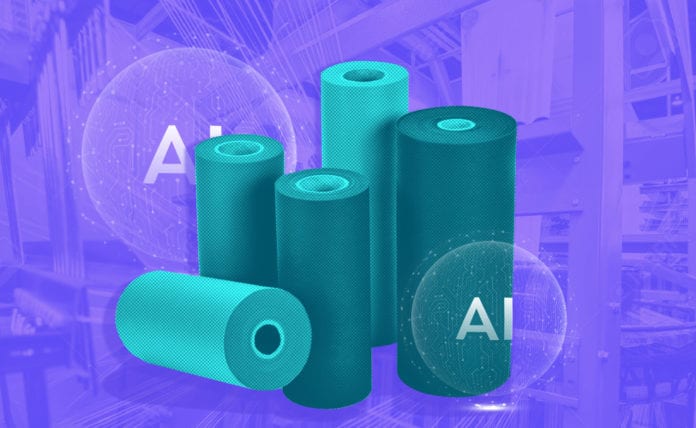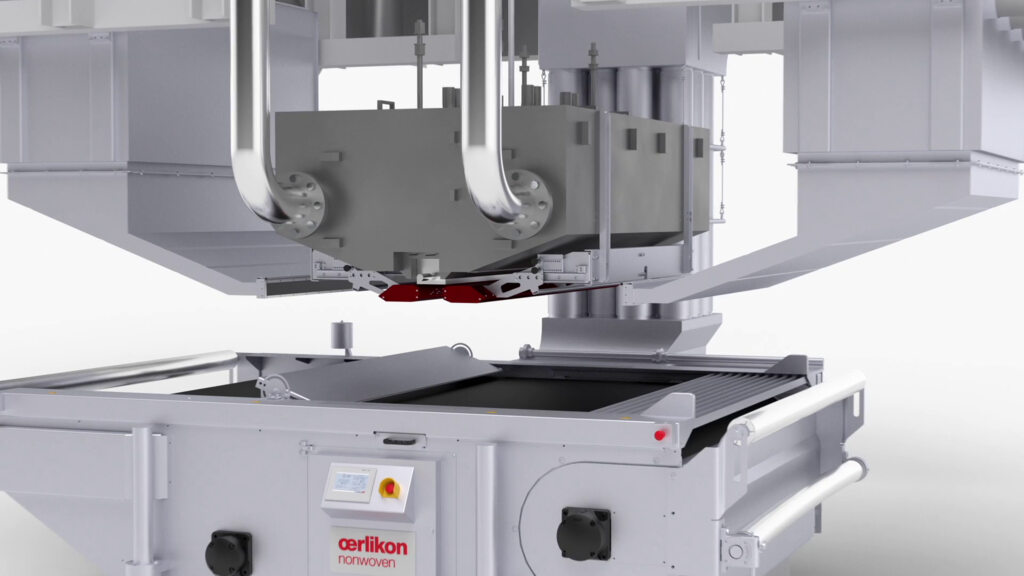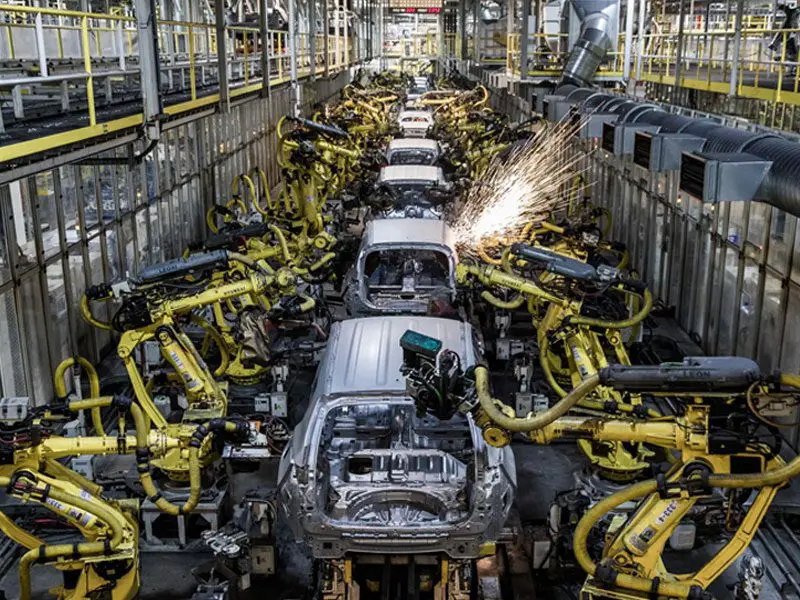The clothing industry, and with it the textile industry, are increasingly being discussed. Global textile consumption is increasing due to the growing world population and increasing purchasing power. So far, this has been accompanied by high and growing resource consumption on the one hand and overproduction as well as residual textile stocks and waste on the other. The VDMA companies are committed to reducing the consumption of resources in the textile value chain with highly efficient technologies!
The aim is to use the potential to save water, energy, and chemicals, for example, to reduce CO2 and to promote recycling. Mechanical engineering prepares the technical prerequisites for efficient further use and reuse of textile raw materials, be it natural or man-made fibers. That will be an important topic in the next few years. We are committed to the responsible use of resources!
The VDMA and its members
- welcome the ambitious ambitions of the EU with regard to sustainability and climate policy as well as the bundling of the goals for the EU textile and clothing industry in a sector-specific strategy.
- are committed to the global sustainability goals of the United Nations and eco-socially responsible corporate governance.
- support the transformation to a functioning circular economy, textile machine construction is an indispensable partner in this transition.
Sector-specific textile and clothing strategy of the EU:
The VDMA and its members welcome the EU’s ambitions to promote climate protection and, in particular, to bundle the goals for the EU textile and clothing industry in a sector-specific strategy. Independent of this, raw material cycles that are specific to the value chain should also be considered.
The new framework and market conditions must be practicable. They should facilitate progress in the transformation towards sustainability in the textile manufacturing and processing industry and support the competitiveness of the sector in the EU.
The circular economy must lead to sustainable economic growth in the EU. Careful and realistic targets, clear planning horizons are a prerequisite for this, as is support for investments as well as research and innovation.
The textile manufacturing and processing industry is a global and very competitive market, which includes globally diversified and multi-level value chains and an almost inexhaustible range of products. The EU must find the right level of necessary but minimal legal regulation. A successful transformation needs a level playing field that sets fair rules for sustainability with which European companies can nevertheless increase their international competitiveness.
Textile engineering focuses on sustainable components, machines and systems:
The VDMA textile machinery industry is committed to the global sustainability goals of the United Nations and an eco-socially responsible corporate management. The companies are guided by the twelve sustainability principles of mechanical and plant engineering, also with a view to their supply chains for the use and manufacture of sustainable components, machines, and systems. The textile machine builders in the VDMA stand for efficient and durable products and pay attention to their recyclability – from development to manufacture and retrofit to end-of-use.
Textile engineering as a partner for sustainable solutions:
The VDMA textile machinery industry is geared towards a functioning circular economy and is an indispensable partner in this transition. The global basic needs for clothing, protection, and hygiene must be met in a sustainable manner, the availability of textile products for more sustainable technical applications from lightweight construction to medical textile products must be guaranteed!
The technology providers united in the VDMA Textile Machinery Association work together for appropriate changes. Important topics are:
- The textile machine manufacturers in the VDMA have been using new machines and technologies to improve the energy and resource efficiency of their customers’ textile processes for many years. The Blue Competence sustainability initiative shows this in the entire breadth of mechanical and plant engineering. In addition, the textile machine manufacturers are intensifying their efforts to present implementation solutions and technology offers for sustainable production and business models along the textile chain for all interested parties.
- For this purpose, various technology webinars on recycling and sustainability in the textile value chain have been taking place since May 2021 as part of the “Textile Machinery Webtalks” . Starting in the second half of 2021, these webtalks will focus on the challenges of the circular economy under the heading “Sustainable Technologies for a Circular Economy”.
- The VDMA textile machine builders emphatically support the demands of the textile industry on politics to implement practical, technology-open and competition-neutral specifications for the introduction of a functioning circular economy.
- The VDMA textile machine builders support their customers across industries and companies. Textile designers as well as engineers should enable new sustainable solutions with recycling-friendly designs. At the end of the product life cycle, textile materials should remain in the cycle with the lowest possible energy expenditure and high quality. The machine-builders have decided to focus and accelerate this with price competitions for the next generation. It’s about new content-related impulses for the entire textile chain!
- The VDMA textile machine construction supports the textile joint research financially and with its expertise. Projects and results on the challenges of recycling are closely monitored by the machine builders, made known in the industry and included in company-specific development work.
- The VDMA machine builders invite you to actively tackle the challenges of the textile recycling economy in expert forums and working groups across all stages of the value chain.
- In the VDMA, the industry will intensify the exchange on existing and upcoming regulations on textile recycling management in the sales markets. This should enable suitable technical solutions to be provided quickly and efficiently in the respective markets.
Source: https://www.vdma.org/viewer/-/v2article/render/34299318










